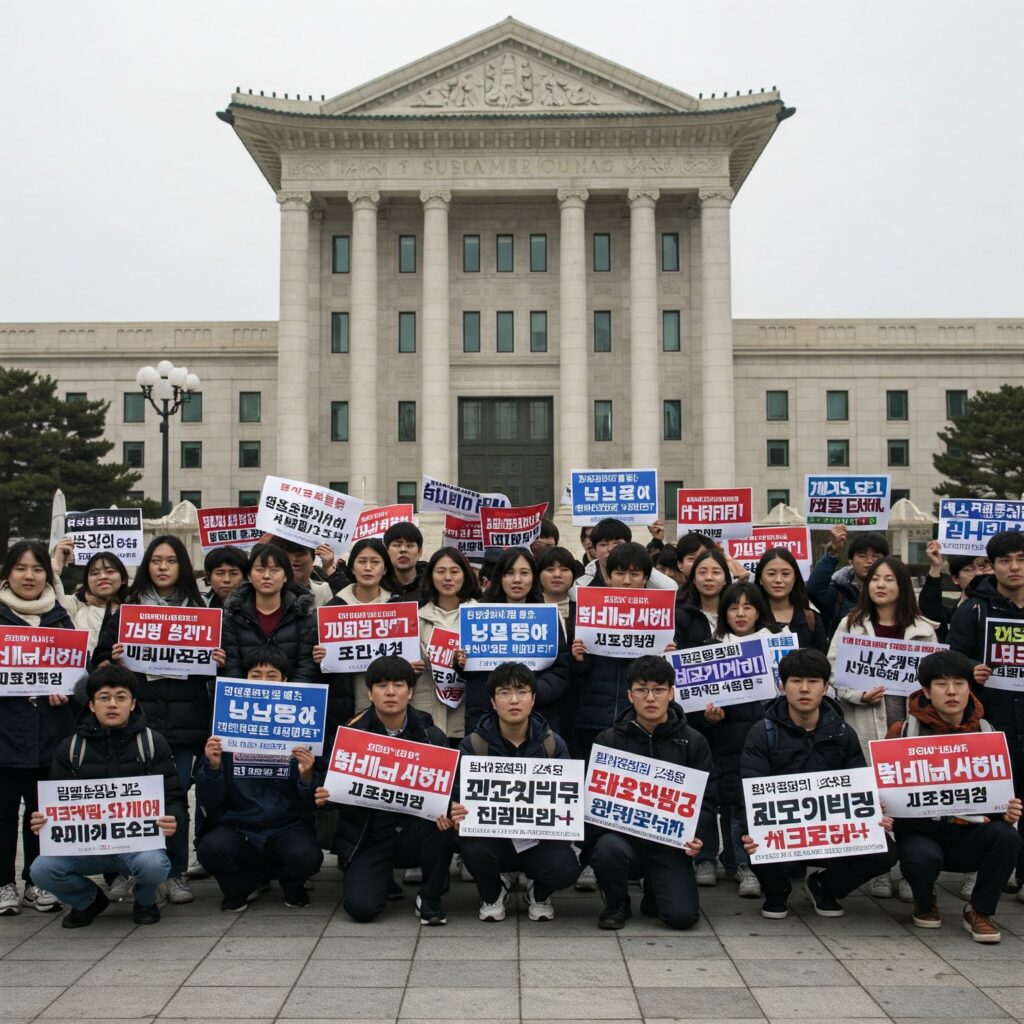South Korea’s president, Yoon Suk Yeol, has been removed from power following a unanimous decision by the Constitutional Court to uphold his impeachment. This decision came after Yoon’s suspension in December, triggered by parliament’s impeachment proceedings related to his attempt to impose martial law. The
South Korea President Impeached verdict elicited strong reactions across Seoul.

Snap Election Looms
A snap election to choose the next leader of South Korea must be held by June 3rd. This election is a critical step for the nation as it seeks to overcome the political turmoil resulting from the impeachment of the South Korea President Impeached. Yoon’s controversial order to deploy troops to parliament on December 3rd had deeply unsettled the country, bringing back difficult memories of its authoritarian past and sparking concerns about the future use of martial law.
Constitutional Court’s Damning Verdict
The Constitutional Court delivered a strong rebuke of Yoon’s actions. The judges unanimously ruled that his military takeover attempt was without justification and violated fundamental principles of democracy and the rule of law. In response to this crisis, discussions are underway regarding potential amendments to South Korea’s constitution to curb presidential powers and prevent similar incidents in the future.
A Nation Divided
The departure of the South Korea President Impeached leaves behind a nation grappling with significant division. While the initial public reaction to Yoon’s actions was largely one of disapproval, his persistent promotion of unsubstantiated conspiracy theories about external interference gained traction among a segment of the population. This has led to increased political polarization and the growth of far-right extremism. Consequently, public trust in key institutions like the Constitutional Court and the electoral process has eroded.
Navigating the Future
South Korea now faces the complex task of conducting a national election within a 60-day timeframe amidst this environment of distrust. The incoming leader will be tasked with the crucial responsibility of unifying the country and addressing pressing domestic and international challenges, including navigating relations with the United States and its trade policies.
Yoon’s legal team has criticized the impeachment process as politically motivated. While his political party has acknowledged the Constitutional Court’s decision, Yoon himself has only offered an apology for his personal “shortcomings,” without directly commenting on the ruling. Despite the finality of the court’s decision, his future actions remain uncertain.
For more information, you can visit the Constitutional Court of South Korea, the official South Korean Government, and the National Election Commission of South Korea.
